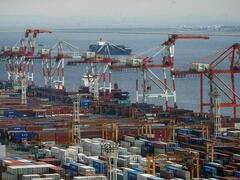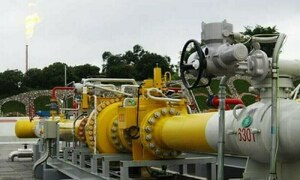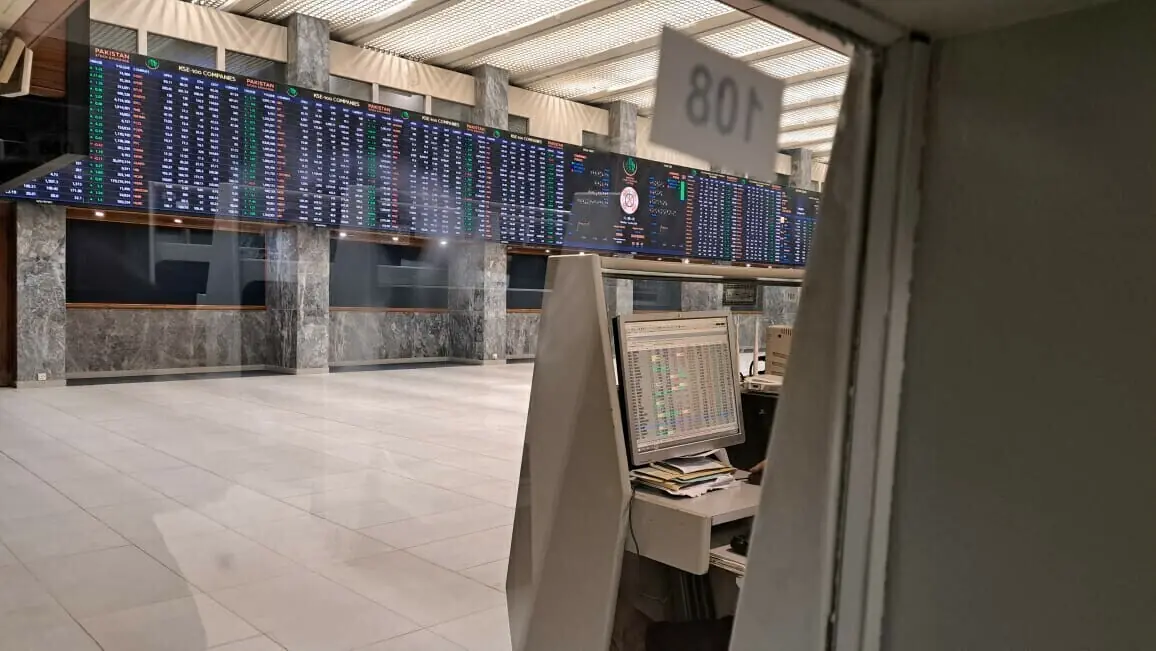Oil fell more than $3 a barrel on Tuesday after the US Federal Reserve issued a rare warning on the inflationary risk posed by a weak dollar, suggesting the central bank is not likely to cut interest rates further this year.
The move added to a steep sell-off since last month's peak over $135 a barrel amid mounting worries that high prices may dent global energy demand and that increased regulatory scrutiny could cool speculation. "In short, the commodity complex's 'all clear to buy' signal has just been flicked off and I am sure traders are on high alert for a rebound in the dollar, a bearish event for commodities," said Chris Jarvis, senior analyst at Caprock Risk Management in New Hampshire.
US crude settled down $3.45, or 2.7 percent, to $124.74 a barrel after earlier hitting a low of $123.87. London Brent crude fell $3.44 to $124.58 a barrel. Dealers said Federal Reserve Chairman Ben Bernanke's comments warning that a weak dollar could worsen inflation, pushed the market lower by feeding a recovery in the US currency and dimming the prospects of a new rate cut.
Weakness in the greenback had been one factor driving investment in energy, agriculture and metals by encouraging the buying of dollar-denominated commodities as a hedge against inflation. "Bernanke seems more concerned about inflation than growth and for the first time that I remember, he brings the weak dollar into the macro picture by linking rising import costs - inflationary - to the front page," said Tom Sowanick of Clearbrook Financial.
Some analysts say oil's doubling since last year has been propelled by a surge in speculation that could just as easily reverse. Influential hedge fund manager George Soros said Tuesday that while the oil spike had some characteristics of a bubble, prices were unlikely to crash soon.
"We are currently experiencing the bursting of a housing bubble and, at the same time, a rise in oil and other commodities which has some of the earmarks of a bubble," Soros said in prepared testimony before the US Senate. But he added, "a crash in oil markets is not imminent."
The US Commodity Futures Trading Commission has unveiled moves since last week to increase surveillance of the commodity futures markets in a move that dealers said could trim the pace of speculation. Analysts have cited mounting evidence that demand for oil was easing. They also noted that Asian countries, which have led growth in fuel consumption, are starting to cut costly subsidies that have sheltered consumers from high prices.
Indonesia, Sri Lanka and Taiwan already have announced cuts to subsidies, while Malaysia said it would scrap fuel price controls in August in a move that could double pump prices. India was also expected to raise fuel prices. The head of the International Energy Agency (IEA) told Reuters on Monday that world oil demand was shrinking more quickly than first thought and the IEA might cut its demand growth forecasts further.
More evidence on the state of supply and demand will emerge with the release of US weekly stocks data on Wednesday. A Reuters poll showed analysts expected US crude oil inventories would have risen by 800,000 barrels last week, gasoline stocks up by 400,000 barrels and distillates up 1.4 million barrels.
BR100
15,100
Increased By
41.1 (0.27%)
BR30
43,391
Increased By
460 (1.07%)
KSE100
148,896
Increased By
80.6 (0.05%)
KSE30
45,210
Increased By
3.3 (0.01%)





















Comments
Comments are closed.